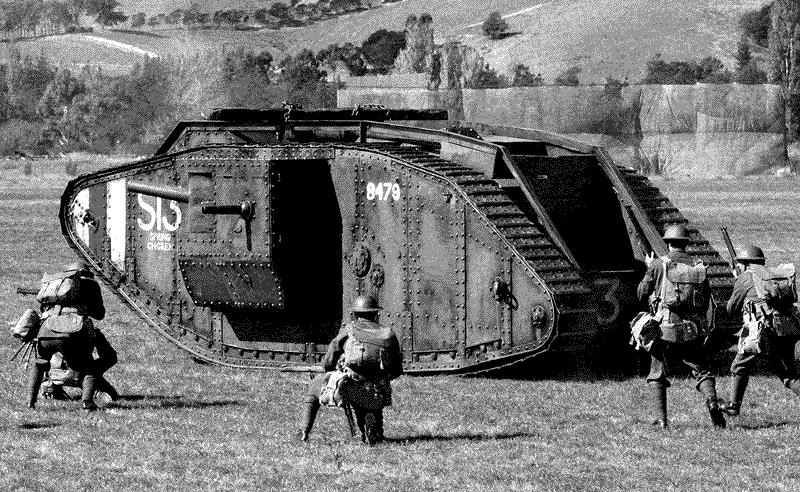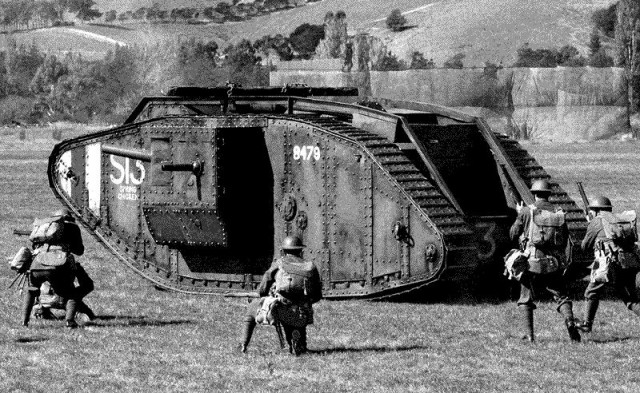Not only is just about every nation previously involved in WWI now celebrating its centenary, but many organizations which deal in history and/or education are snapping to attention as well. One such institution is that of the Oxford English Dictionary, which has compiled a list of military terms originating in WWI and still in use by the military today. There are many such terms, some better known than others.
One of the lesser known terms is “conchie,” which is an abbreviation of “conscientious objector.” The military generally did not use this abbreviation for the purposes of endearment, but rather as an insult to those who opposed WWI. Another phrase which is not known well to civilians is “zeppelins in a cloud,” which soldiers used to describe the appearance of sausage meats embedded in mashed potatoes.
Some of these words are known by many people to be military terms, but such people may not be likely to know that they actually originated from WWI. The lack of this knowledge may quite possibly be related to the fact that such words are so common that their origin may never even have come to mind. For instance, many know the word “eyetie” as a common (sometimes racist) term for Italian people, but few are aware that the slur first appeared in military print in 1919, one year after the end of WWI.
In a similar vein, while many are aware that WWI saw the birth of tank warfare, many may not be so cognizant of the fact that “tank” can be used as a military verb, a term for attacking with such a vehicle. The word has even grown in usage with civilians, for instance as a word used in video games for taking a large amount of damage. This is only a slight deviation from its war usage, The Week reports.
Two of the most common military terms to arise from WWI are “shell shock” and “camouflage,” both of which are still in very heavy usage today. While “camouflage” is one of many words in the English language to have been borrowed by another culture (in French it means “disguise”), the war also saw its use grow to mean much more than the patterned gear worn by soldiers. Its use as a verb for concealment began around the same time, specifically in the case of concealing weaponry from enemy forces. “Shell shock” not only meant to same sort of post-traumatic stress back then that it means now, it was actually considered a psychological condition which recovered hospital time for its recovery.
These are just a few among many military terms which were cultivated by WWI culture. While many may not have previously thought to study from whence these words and phrases originated, knowing they are from WWI adds a sense of historical value to their current use. It might be enough to make some people wonder what sort of military terms have been borrowed from other wars as well.

